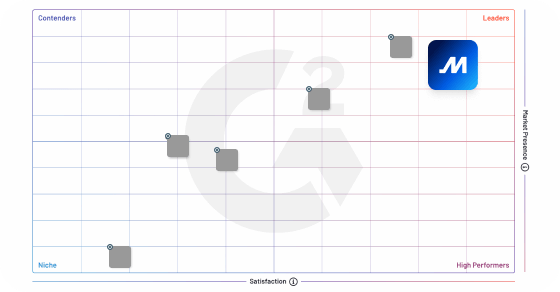Commercial vehicles
Cargo weight
Cargo weight refers to the total weight of goods or products being transported on a truck, aircraft, or vessel. Cargo weight directly impacts the truck’s capacity, fuel efficiency, and overall road safety. Since cargo weight can vary greatly, depending on the type of product being transported, its density, and volume, often for delivery to customers or for distribution to retail stores it is a crucial planning factor in transportation and logistics.
Learn moreCommercial motor vehicles (CMV)
Commercial Motor Vehicles (CMVs) transports goods or passengers for commercial purposes. Drivers of CMVs must have special licenses (CDLs) and adhere to Federal Motor Carrier Safety Administration (FMCSA) regulations in the United States.
Learn moreGross vehicle weight rating (GVWR)
Gross vehicle weight rating, commonly known as GVWR, identifies the maximum permissible weight, including the vehicle’s weight, cargo, passengers, and accessories. Knowing the GVWR is critical as the GVWR is the maximum weight a truck can carry.
Learn moreHeavy goods vehicle (HGV)
A heavy goods vehicle (HGV) is a common term for larger commercial vehicles in the European Union (EU). They also use the term large goods vehicle. These commercial vehicles are commonly used for the transportation of goods and materials over long distances.
Learn moreLight goods vehicle (LGV)
A light goods vehicle (LGV) is a commercial vehicle used mainly for the transportation of goods in small quantities or locally. The term LGV is common in the United Kingdom and Europe to refer to vehicles that have a maximum weight of up to 3.5 tons. Comparable vehicles in North America would be small panel vans or larger box trucks.
Learn morePayload
Payload refers to the total weight of the goods or materials that a truck is carrying. It can also refer to the maximum weight that a truck is capable of transporting without exceeding its weight limits or causing damage to the vehicle.
Learn moreSleeper berth
The sleeper berth serves as the resting quarters for long-haul truck drivers. It allows drivers to comply with safety regulations and ensure they stay alert to minimize the risk of accidents on the road. A sleeper berth is essentially a compartment located in the truck’s cabin that is equipped with a bed, mattress, and other amenities for drivers to rest and recharge.
Learn moreWater hauler
A water hauler is a specialized type of truck, commonly used in the oil and gas industry, to haul water. Industries that require large quantities of water for various purposes use water haulers to quickly and efficiently transport water from one location to another.
Learn more


